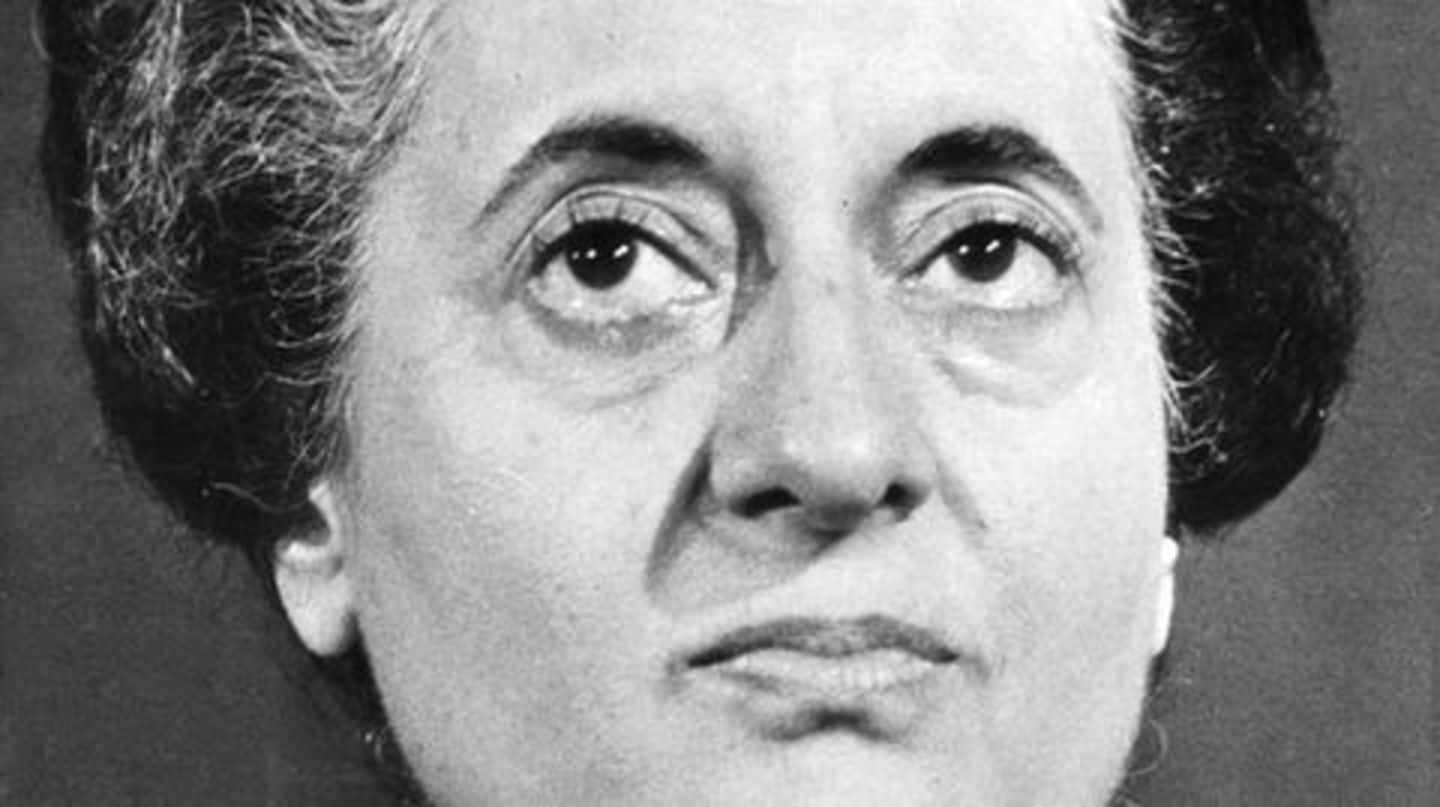
40 year anniversary of 1975 Emergency
What's the story
25 June 2015 marks the 40th anniversary of the 1975 Emergency. This was the third emergency to be declared after the emergency of 1962 (war with China) and 1971 (war with Pakistan).
The emergency lasted a total of 21 months, finally getting suspended on 21 March 1977.
Officially, 22 custodial deaths were reported and more than 100,000 people were jailed without trial.
12 Jun 1975
Prelude to the Emergency
In 1974, Jayaprakash Narayan began organizing a campaign in Bihar to oust Indira Gandhi and the Congress party from office on corruption charges.
On 12 June 1975, Justice Jagmohanlal Sinha of the Allahabad High Court found Gandhi guilty on grounds of electoral malpractice.
Strikes by trade and labour unions, government and student unions swept across the country demanding the resignation of the Prime Minister.
25 Jun 1975
Declaration of Emergency
On 24 June 1975, Justice Iyer granted Indira Gandhi "conditional stay" which led to a call for civil disobedience by JP Narayan on the eve of 25 June.
With the aid of the maintenance of Internal Security Act, anyone opposing Gandhi was jailed on the evening of 25 June and hence began the emergency.
It was formally declared on 26 June 1975.
Do you know?
Unprecedented power to the President
In 1975, an emergency could be invoked whenever the President feels that the security of India is threatened by war, external agression or internal disturbance (there need not be an actual occurrence). The last point was later changed to armed rebellion by the 44th amendment, 1976.
1975
Residuum of the 1975 Emergency
As an immediate aftermath of emergency, the Fundamental Rights were curtailed, censorship was forced on the press and political leaders were arrested.
The media and judiciary bore the brunt of the emergency.
The Representation of the People Act and two other laws were amended in such a manner that the SC was left with no choice but to overturn the Allahabad High Court verdict.
Personal
Sanjay Gandhi: the real face behind the emergency
Sanjay Gandhi who was seen as the force behind emergency imposed the sterilization plan whereby a million people were forcibly sterilized. Moreover, slums were demolished in the "name of beautification."
27 Jun 2009
Was it solely Indira Gandhi's fault?
Prof. P.N. Dhar, Secretary to Indira Gandhi and her chief official advisor during Emergency called it an inevitable outcome of "social, economic and political" crisis resulting in "systematic failure".
Khushwant Singh (editor of "The Illustrated Weekly of India" at that time), also thought that Emergency was a necessity as the opposition parties "watched the country sliding into chaos" by public protests against Indira Gandhi.
19 Jun 2015
Advani seeks an apology from Gandhi family
According to BJP leader LK Advani, imposition of 1975 emergency was a 'grave mistake', one that the Congress party must apologise for.
He further said that it was Rahul Gandhi and Sonia Gandhi's "duty and responsibility to apologise for the Emergency..."
He reiterated his point by saying that the emergency was "not only against the country but also against the very idea of democracy."